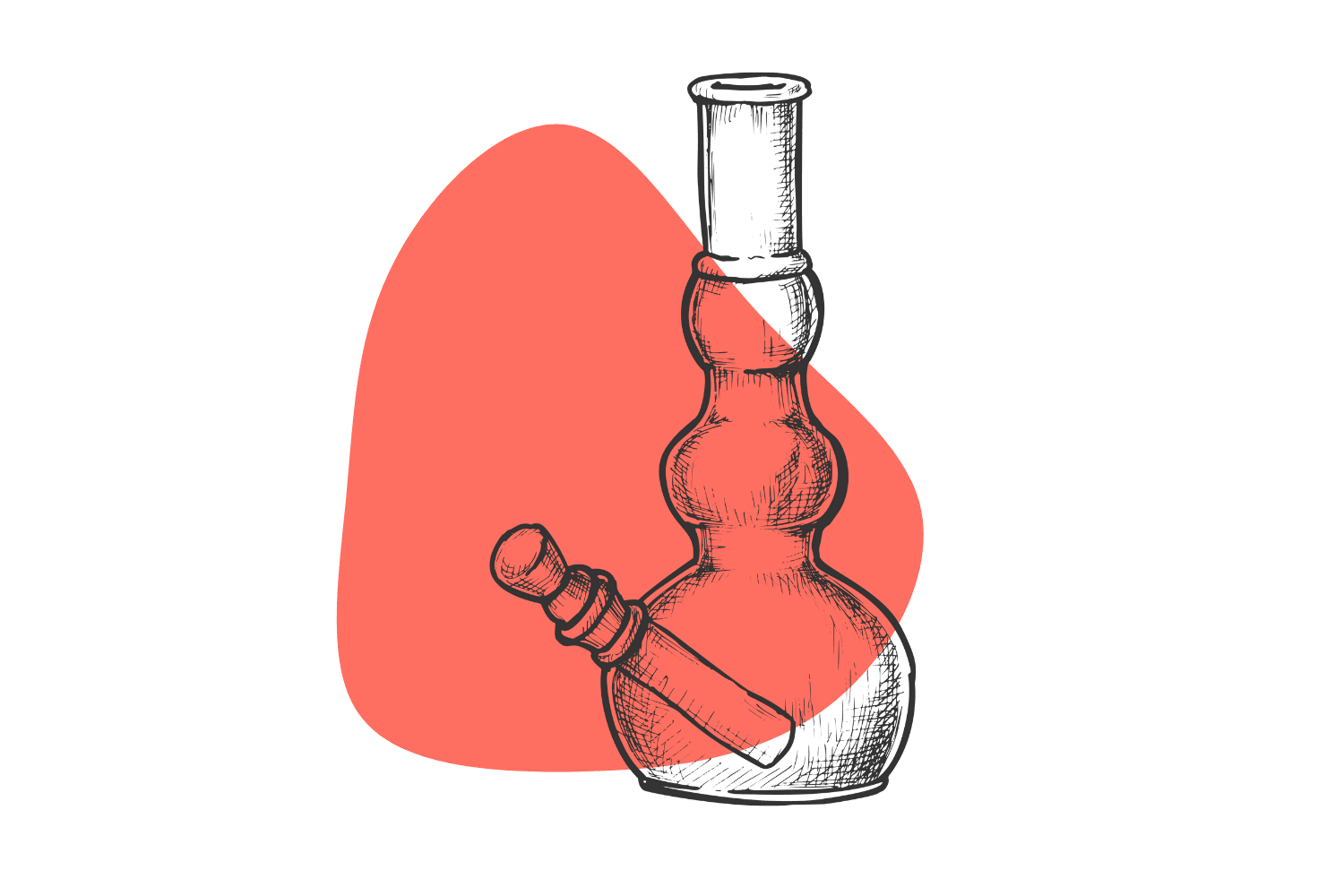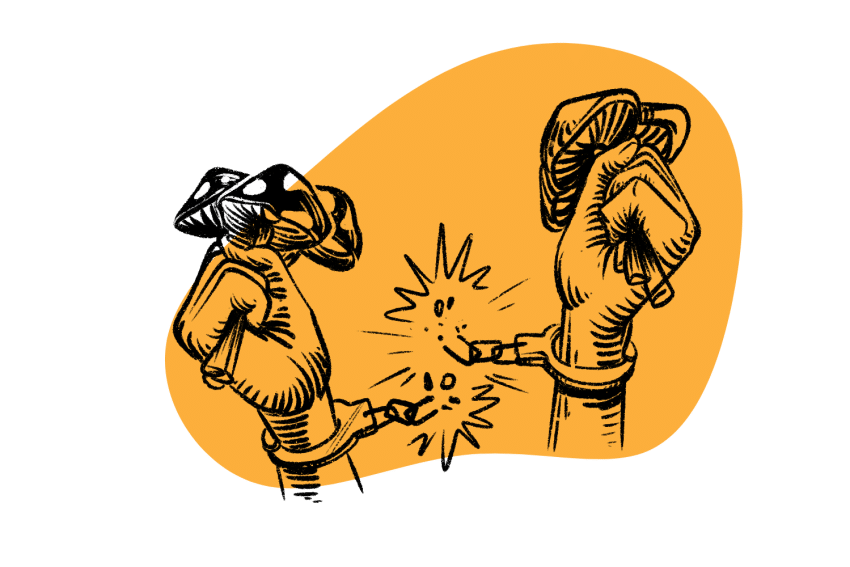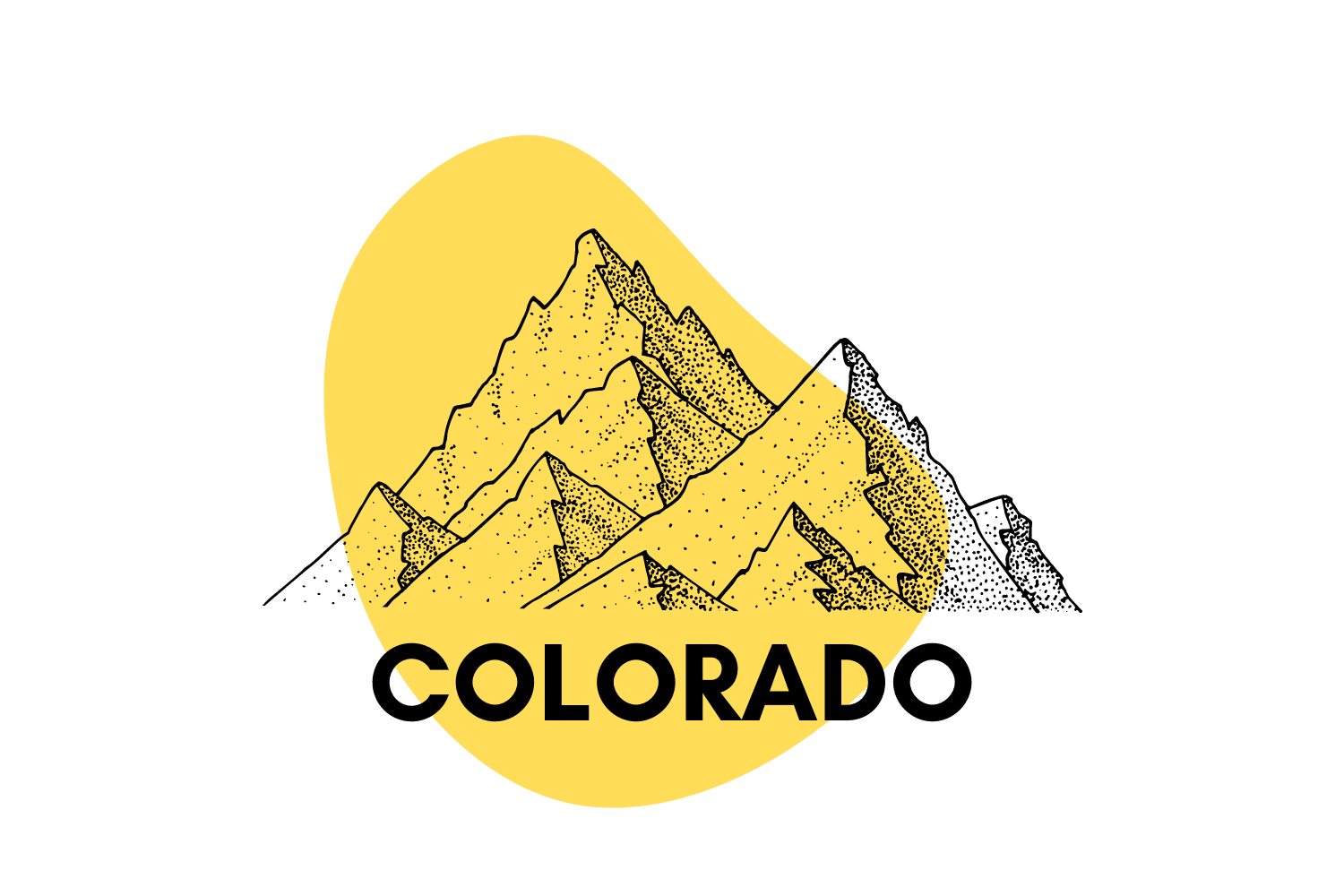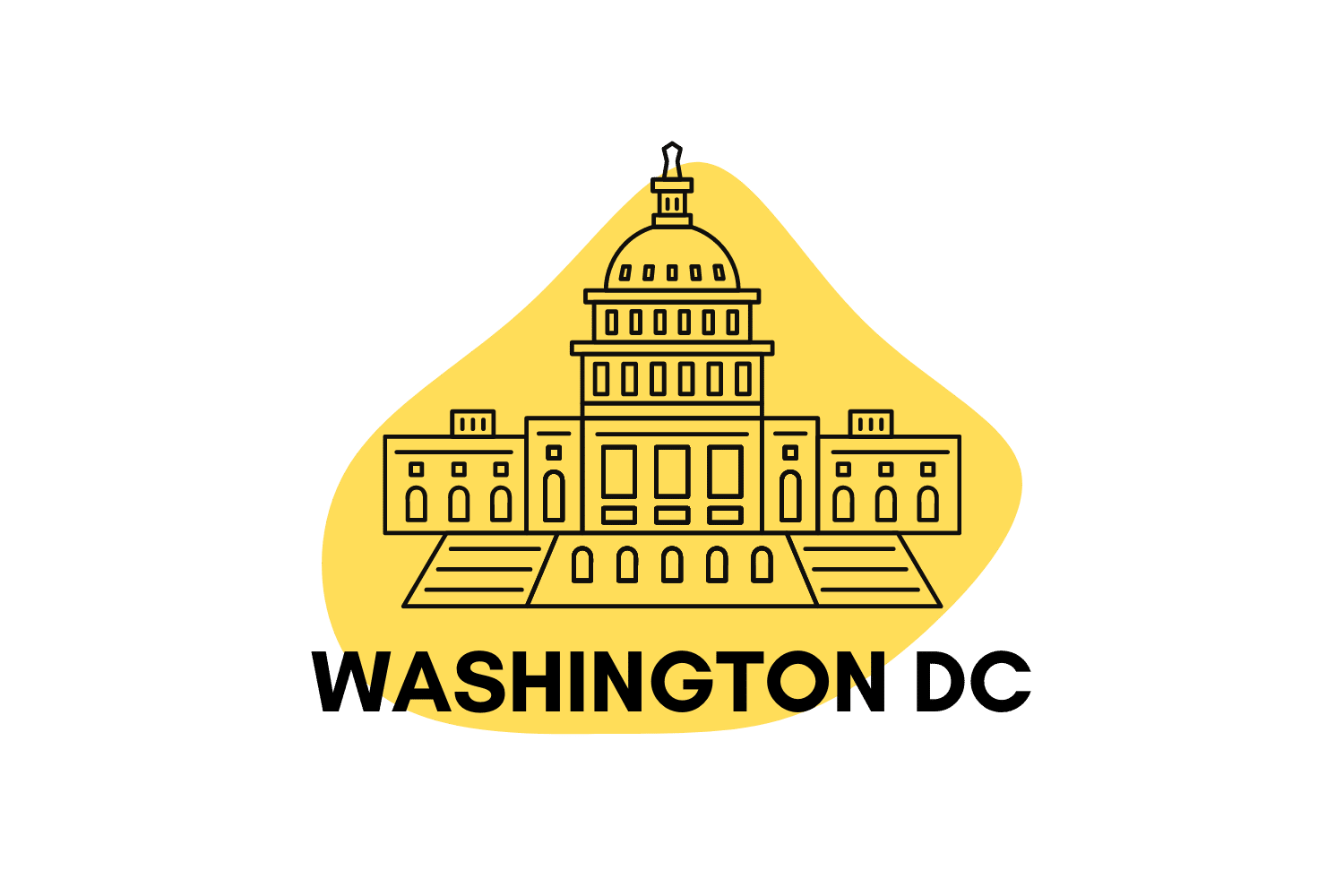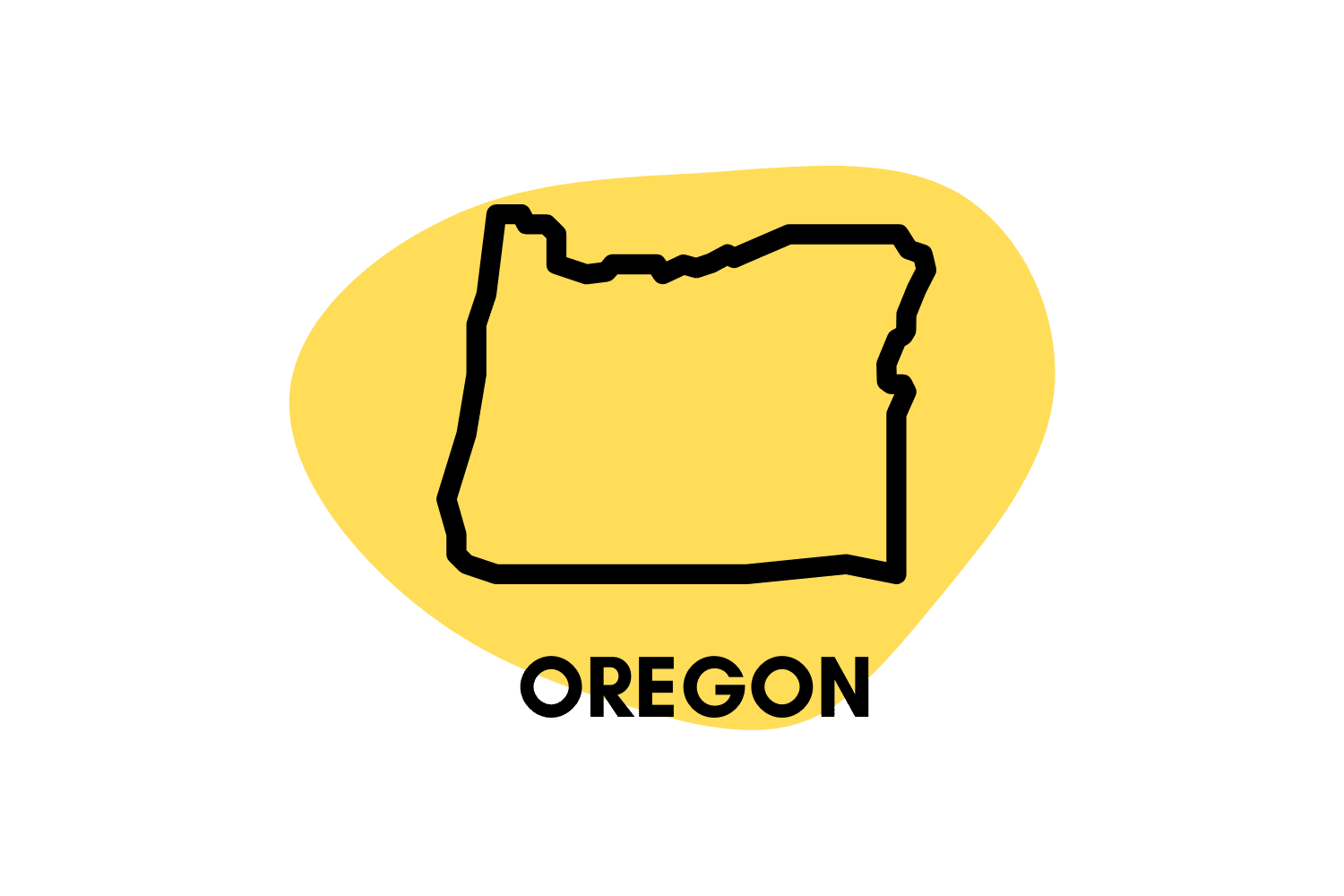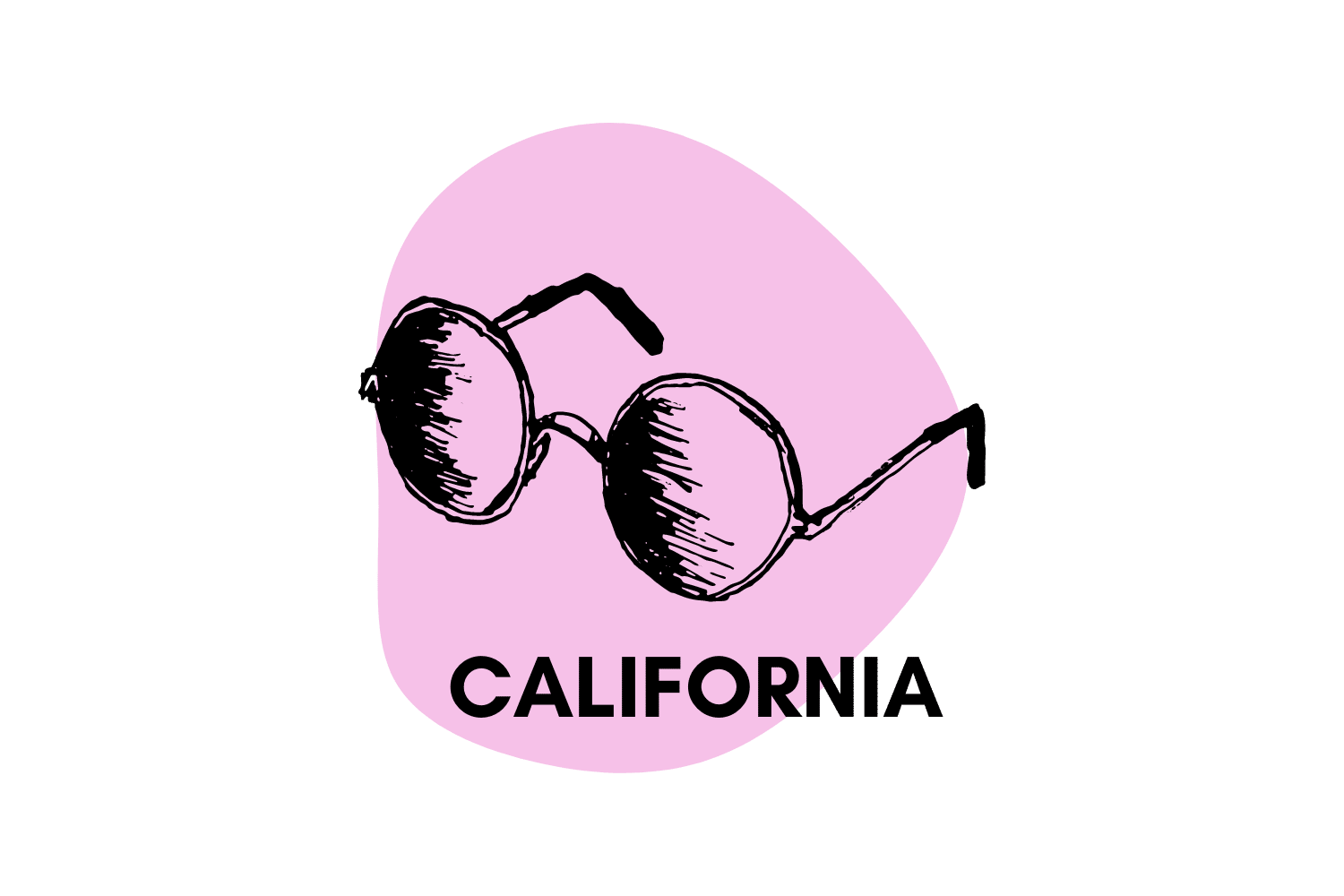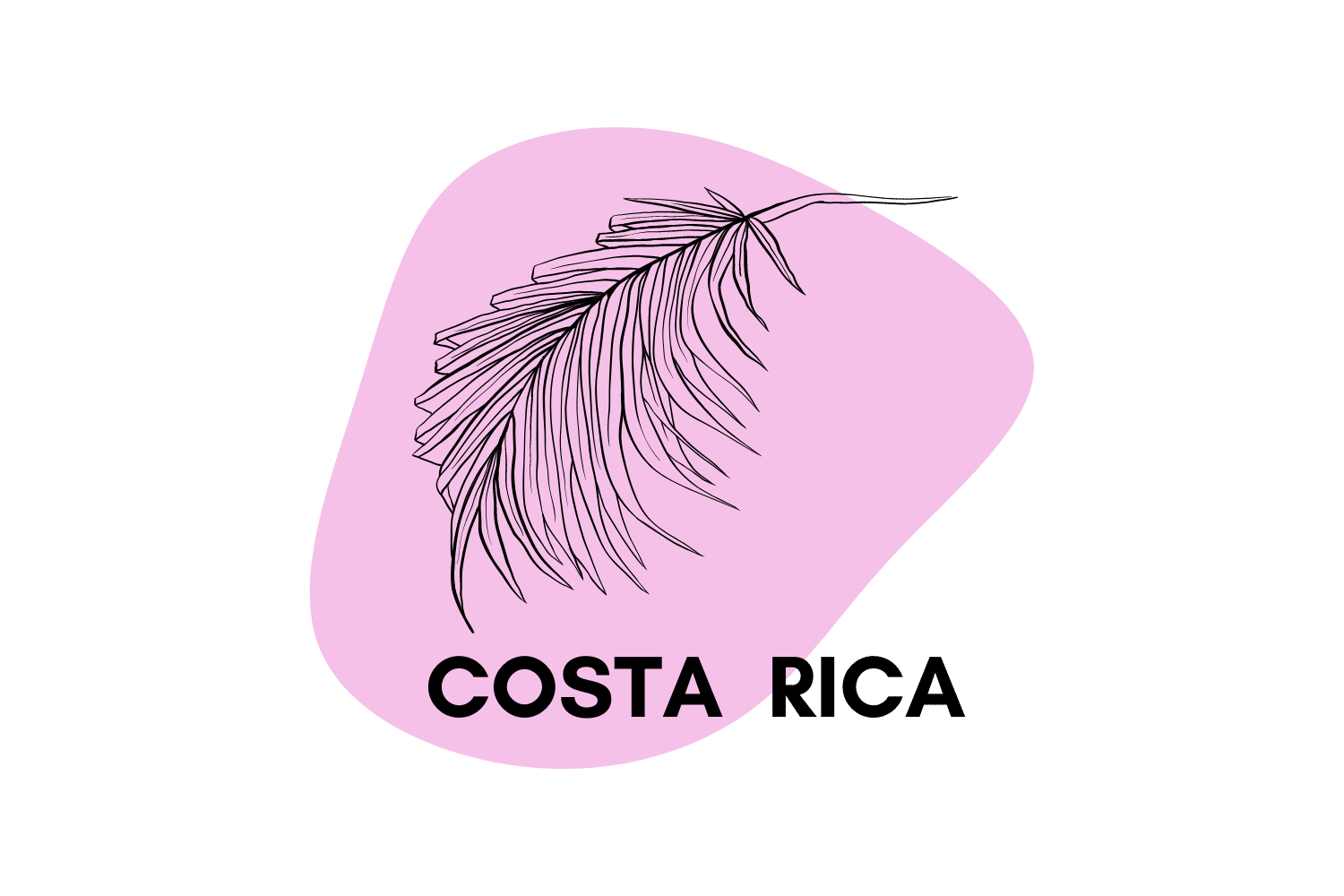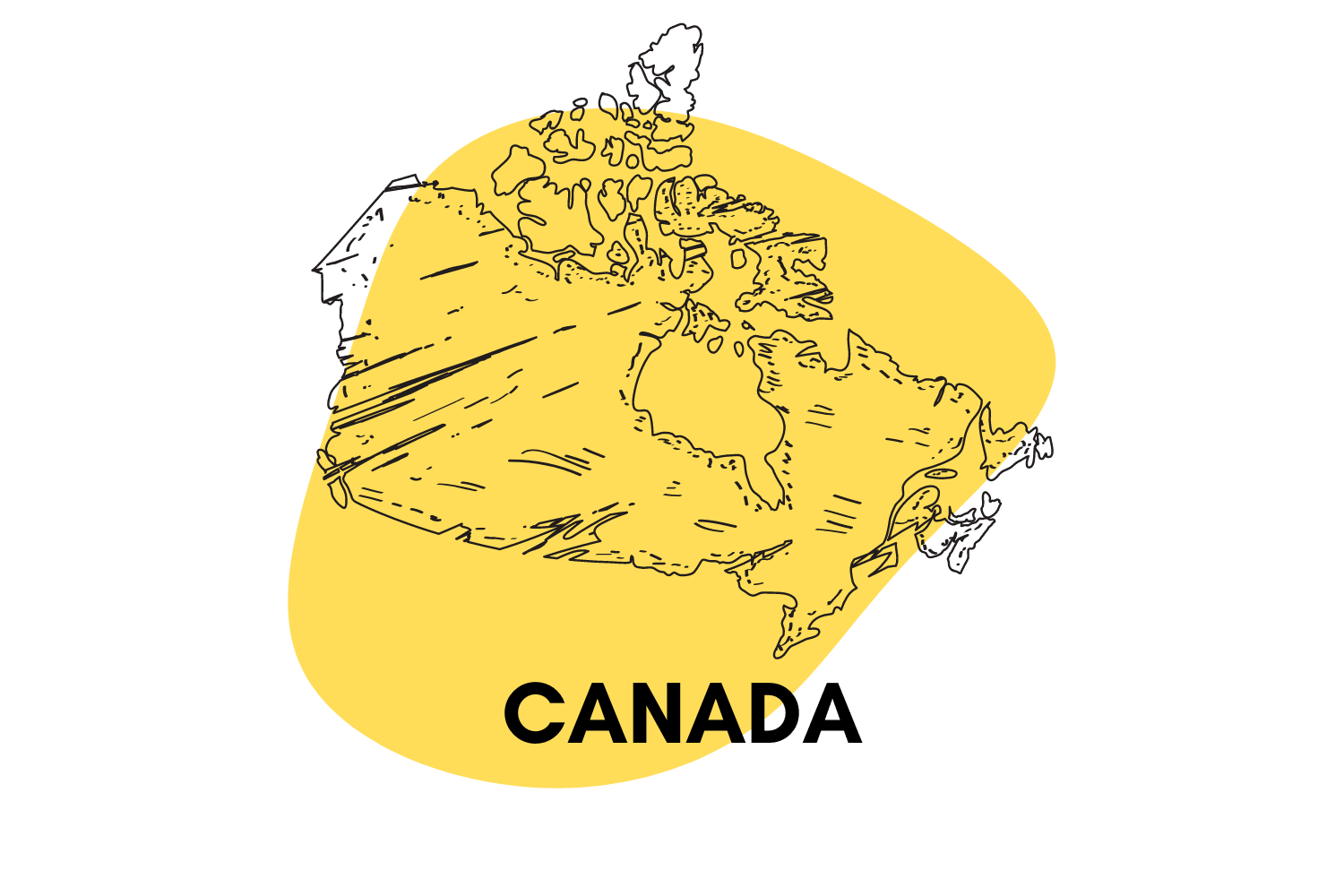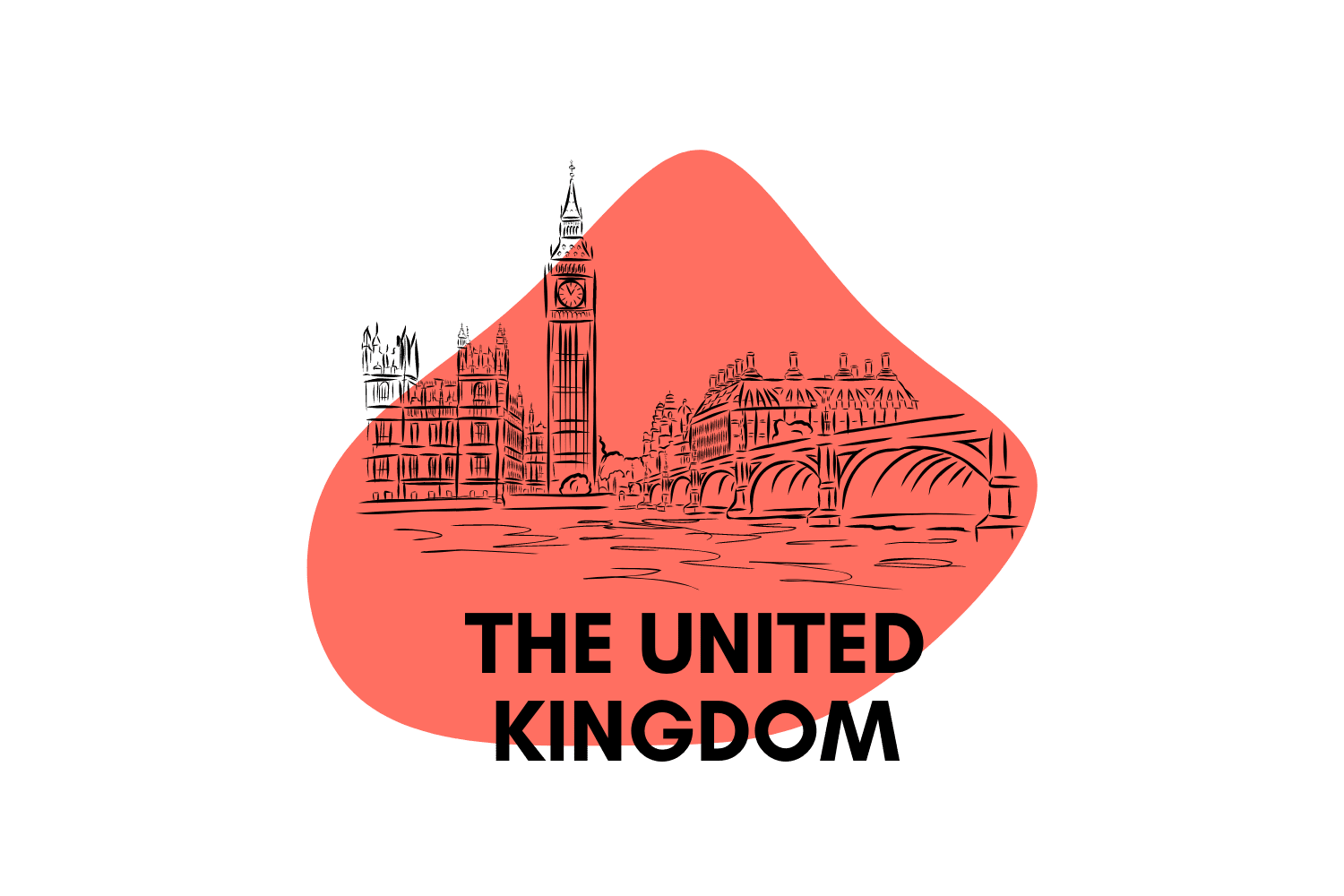Psychedelic Laws in Nicaragua: A Comprehensive Guide to the Current Situation
Nicaragua does not mess around when it comes to psychoactive substances. It’s an extremely prohibitionist country where drug laws are zealously enforced.
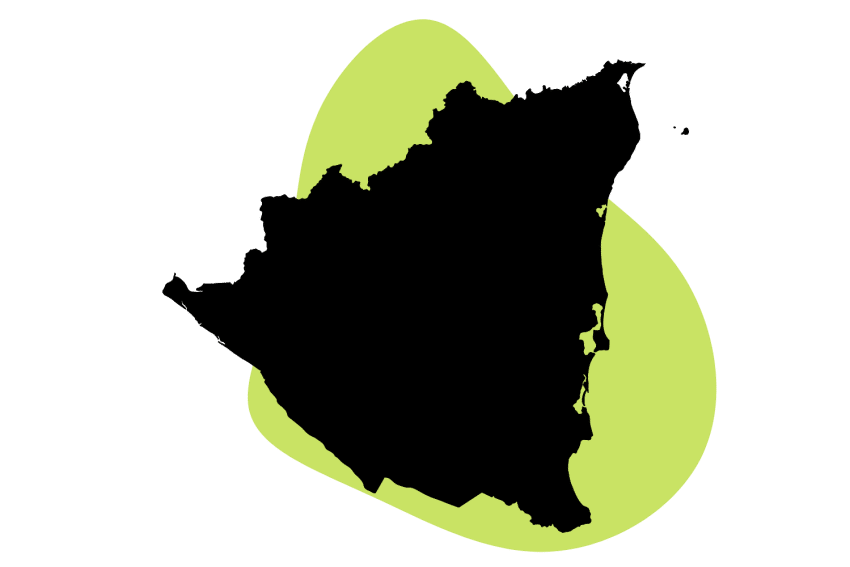
Nicaragua — much like other Central American countries such as El Salvador, Honduras, and Guatemala — has very strict legislation when it comes to drugs, and that includes “lesser” substances such as cannabis and psychedelics.
Indeed, through the National Council against Organized Crime (CNCCO) — the national entity in charge of drug policy — the government of Nicaragua takes active steps to curtail any and all activities related to the use and trafficking of illegal drugs in Nicaragua.
In fact, the country is so aggressive in the pursuit of drug-related offenses that it’s actually experiencing a problem with the overcrowding of its penitentiary system.
Nicaragua’s strong prohibitionist attitude can be chalked up to the conservative attitudes that prevail in the region, along with the problems it has faced as an international transshipment point for cocaine and other drugs.
Summary of Psychedelic Drug Laws in Nicaragua
- Nicaragua criminalizes the sowing, cultivation, harvesting, storing, traffic, fabrication, and possession of all non-prescription drugs except for alcohol and tobacco.
- The seeds of psychoactive plants are also deemed illegal, which means magic mushroom spores will also get you in trouble.
- The punishment depends on the amount of the substance found and on the activity related to them. For example, trafficking and cultivation will incur heavier punishments than simple possession.
- The encouragement to consume psychotropic substances is also punishable by law in Nicaragua.
- “Minor” possession of narcotics and psychotropics is considered anything below five grams and is punishable by a monetary fine and thirty to sixty days of community service.
- “Major” possession is anything over five grams and is punishable with anywhere from six months to three years of imprisonment.
Sources
- UK Embassy – Foreign Travel Advice – Nicaragua
- Students for Sensible Drug Policy – Nicaragua
- Organization for American States – 2019 Evaluation Report on Drug Policies – Nicaragua
Are Magic Mushrooms Legal In Nicaragua?
No, magic mushrooms are strictly illegal in Nicaragua.
Magic mushrooms is the colloquial name for the wide range of psychedelic mushroom species known to man. They are also known by the name of the psychedelic prodrug found within them, psilocybin.
Magic mushrooms are classified as a psychotropic law under Nicaraguan legislation and are thus illegal.
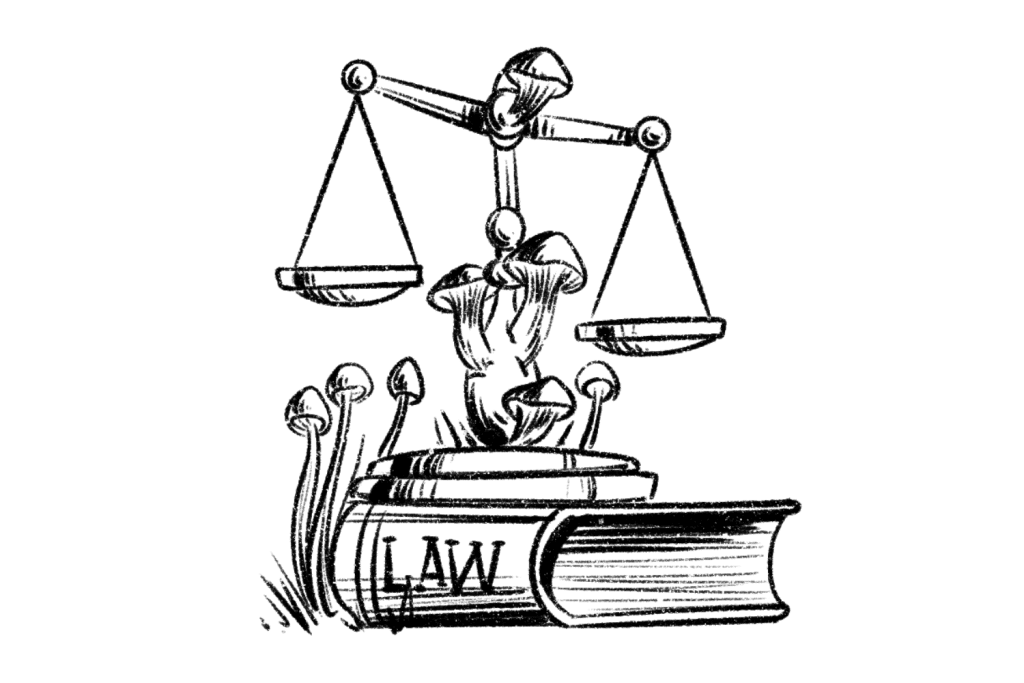
Possession of less than five grams is considered a less severe crime. However, aggravating factors like intent to sell can also alter the punishment.
Is LSD Legal In Nicaragua?
LSD is most definitely not legal in Nicaragua.
Like magic mushrooms, LSD (lysergic acid diethylamide) is also considered a psychotropic substance under Nicaraguan legislation. However, due to its exceedingly small size – a regular dose is anywhere between 25 to 100 micrograms – it would be almost impossible to get caught with more than five grams of LSD.
This discrepancy leads to a sort of a legal gray area wherein the punishment for LSD is decided by the individual factors around each case.

There’s even more confusion when it comes to the many other lysergamide derivatives related to LSD — such as PRO-LAD, AL-LAD, ETH-LAD, 1P-LSD, or LSZ — none of which are explicitly included on Nicaragua’s restricted substances list.
Nicaragua does not have laws when it comes to analog substances because it broadly defines psychotropics as “any substance, natural or synthetic, that acts on the central nervous system.”
Is DMT Legal in Nicaragua?
In simple terms: No.
Also known as the ‘god molecule,’ DMT (dimethyltryptamine) exists in a variety of traditional sources such as yopo, ayahuasca, and changa.
DMT is also considered psychotropic and is explicitly illegal under Nicaraguan legislation. However, many Latin American countries have now developed a new form of tourism called “psychotourism” or “ayahuasca tourism,” to which the government usually turns a blind eye.
Is MDMA Legal In Nicaragua?
No. As an amphetamine molecule, MDMA is not legal in Nicaragua.
MDMA (3,4-Methylenedioxymethamphetamine) is an amphetamine compound, which makes it illegal in Nicaragua.
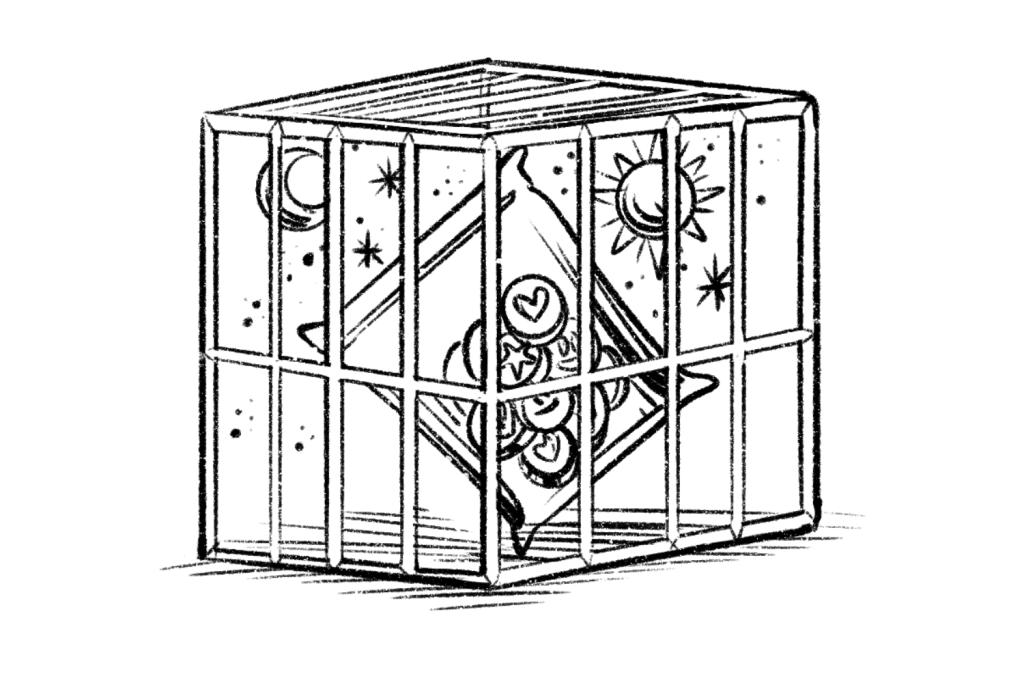
The punishment for MDMA in Nicaragua depends on the specifics of the case. For instance, possession or storage of MDMA is a less severe offense than trafficking. Thus, the punishment could be anywhere in-between 3 months to 12 years of imprisonment.
Is Ketamine Legal In Nicaragua?
Ketamine is illegal in Nicaragua.
Ketamine is a dissociative anesthetic and is beginning to grow in popularity in many Latin American countries. There is even some buzz about its therapeutic potential, as it’s been shown to be effective in the treatment of alcoholism.
However, at this time, ketamine is still highly illegal in Nicaragua.
Other arylcyclohexylamines like PCP and DCK are also illegal. Nicaraguan legislation does not name these compounds specifically, but it does broadly criminalize all “psychotropic.”
Is Cannabis Legal In Nicaragua?
Cannabis is not legal in Nicaragua.
Drug decriminalization efforts usually start with cannabis. Sadly, when it comes to Nicaragua, there is nothing to report. There is no decriminalized amount of cannabis that users may possess or anything else of the sort. In Nicaragua, cannabis is just as illegal as all other drugs.
The Future of Psychedelics in Nicaragua
Nicaragua, and Central America as a whole, has experienced many domestic issues related to the international drug trade. As a result of this, conservative stances toward drugs have flourished in this region.
Indeed, all drugs except for alcohol and tobacco are illegal in Nicaragua.
We do not recommend attempting to engage in psychedelics while traveling in Nicaragua. Although the punishment might be less severe than with other drugs like cocaine, it can still be quite significant and is simply not worth it.
At the end of the day, personal use with a minimal amount of psychedelics is not likely to receive a major punishment, but do you really want to be at the mercy of some judge?

